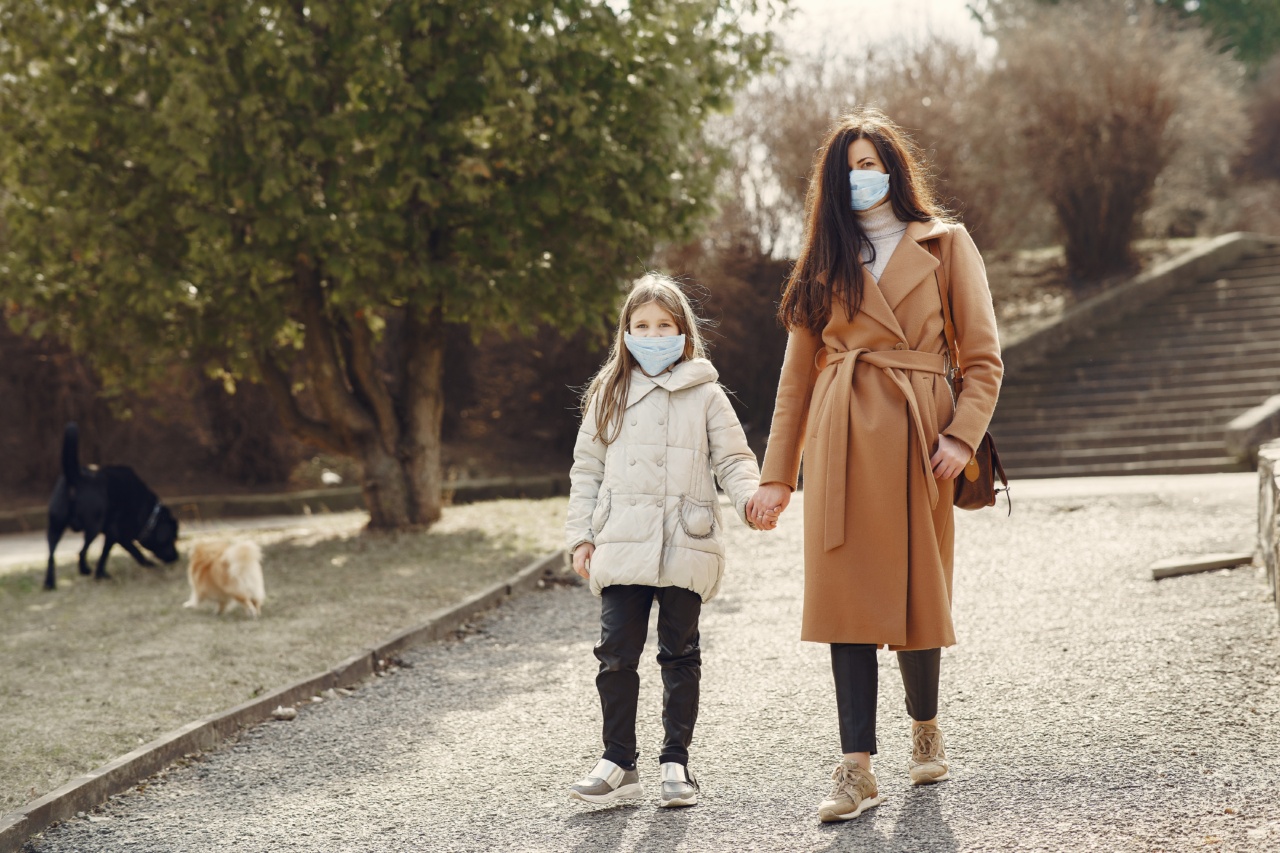As the cold season approaches, we all need to take extra care of our health to avoid falling prey to various illnesses that are common during this time.
The cold weather can weaken our immune system and make us more susceptible to infections and diseases. In this article, we will discuss some common health issues that people face in the cold season and how to prevent them.
The Common Cold
The common cold is a viral infection that affects the respiratory system. It is one of the most widespread illnesses during the cold season. Symptoms include a sore throat, a runny or blocked nose, sneezing, coughing, and a slight fever.
The best way to prevent the common cold is to maintain good hygiene. Wash your hands frequently, avoid touching your face, and stay away from people who are sick. If you catch a cold, get plenty of rest, drink lots of fluids, and take over-the-counter medications to relieve your symptoms.
Influenza
Influenza, or the flu, is a viral infection that affects the respiratory system. It is more severe than the common cold and can lead to complications such as pneumonia.
Symptoms include a high fever, sore throat, cough, muscle aches, headaches, and fatigue. The best way to prevent the flu is to get vaccinated every year. If you do catch the flu, get plenty of rest, drink lots of fluids, and take over-the-counter medications to relieve your symptoms.
If your symptoms worsen or you have trouble breathing, seek medical attention immediately.
Asthma
Asthma is a chronic respiratory condition that is aggravated by cold weather. Cold air can cause the airways to become inflamed and narrow, making it difficult to breathe.
If you have asthma, make sure to carry your inhaler with you at all times and avoid exposure to cold air as much as possible. You can also try breathing exercises and warm-up exercises before venturing outside to reduce the risk of an asthma attack.
Hypothermia
Hypothermia is a dangerous condition that occurs when the body temperature drops below normal. It can occur when you are exposed to cold weather for extended periods without proper protection.
Symptoms include shivering, confusion, fatigue, and loss of consciousness. To prevent hypothermia, make sure to dress in layers, wear a hat and gloves, and limit your time outdoors during extreme cold weather.
Frostbite
Frostbite is a condition that occurs when the skin and underlying tissues freeze due to exposure to cold weather. It most commonly affects the fingers, toes, nose, and ears. Symptoms include a loss of feeling, numbness, and discoloration of the skin.
To prevent frostbite, make sure to wear warm and waterproof clothing and avoid exposing your skin to cold weather for extended periods. If you suspect you have frostbite, seek medical attention immediately.
Seasonal Affective Disorder (SAD)
Seasonal Affective Disorder (SAD) is a type of depression that occurs during the winter months. It is caused by a lack of exposure to sunlight, which can affect the body’s circadian rhythms and serotonin levels.
Symptoms include fatigue, depression, irritability, and weight gain. To prevent SAD, try to get as much natural sunlight as possible, exercise regularly, and use light therapy if necessary.
Dry Skin
The cold weather can cause dry skin, which can lead to itching, cracking, and irritation. To prevent dry skin, moisturize frequently, avoid hot showers, and wear layers to protect your skin from cold weather.
Pneumonia
Pneumonia is a bacterial or viral infection that affects the lungs. It can be life-threatening, especially in young children, elderly people, and people with weakened immune systems. Symptoms include coughing, fever, chest pain, and difficulty breathing.
To prevent pneumonia, maintain good hygiene, get vaccinated against the flu and pneumococcal bacteria, and seek medical attention if you develop symptoms of pneumonia.
Norovirus
Norovirus is a highly contagious virus that causes vomiting and diarrhea. It is more common during the winter months and can spread quickly through schools, workplaces, and other public places.
To prevent norovirus, wash your hands frequently, avoid touching your face, and stay away from people who are sick.
Conclusion
The cold season can be challenging for our health, but with proper care, we can prevent many common illnesses and stay healthy throughout the winter.
Remember to maintain good hygiene, dress warmly, stay hydrated, and seek medical attention if necessary. Stay healthy and enjoy the winter season!.



























